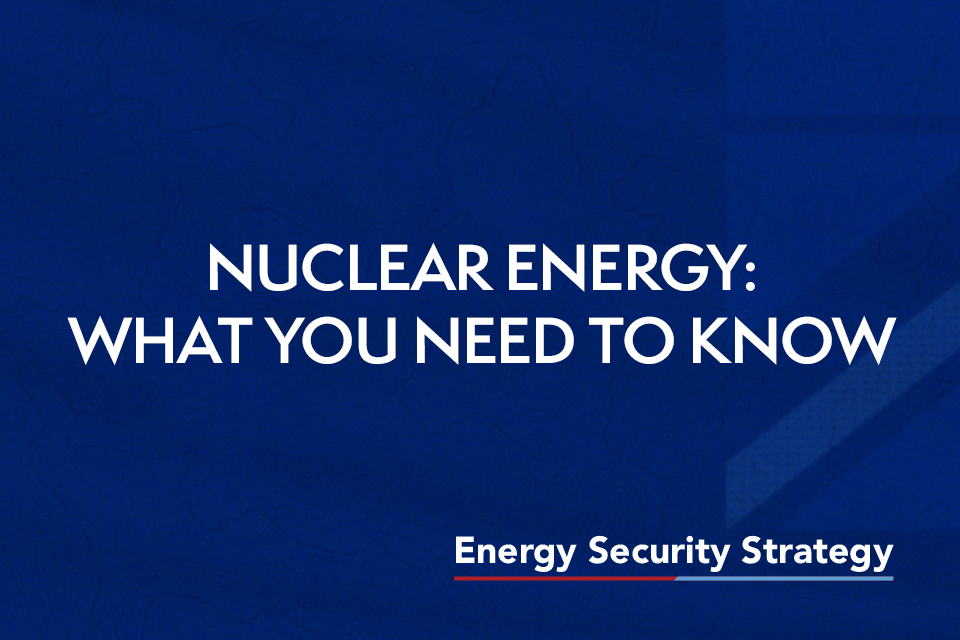Not so. Whilst some EVs were clearly produced with specific "niche" markets in mind, there was, as now, much interest in electric cars back then. Further more, I didn't say that they were a failure. What I did say was that "They weren't the answer then either".
Don't be too quick to dismiss the views that come, "usually from the employees near retirement". Some will have amassed a wealth of experience, so are often best placed to provide a valuable critique of any new idea. They might be old but that doesn't mean they are out of touch, locked in the past and not open to new ideas or concepts. Anyway you'll be one of those "employees near retirement" one day and may still want to offer your opinion!
The point I was making is, that whilst EVs are suited to some applications, they do not provide the panacea to cure all. For any government to deliberately "place all it's eggs in one basket" by going all out EV, would be an act of sheer folly, leaving their country's economy and for that matter, national security, at risk. The ill thought out UK ban on the sale of new ICE vehicles from 2030 and Hybrids from 2035, will effectively do just that, albeit over time. Continued development of cleaner ICE technowlogy has probably already been killed stone dead by this myopic decision. Further more, due to the time and effort needed for the car industry to re-tool for such a huge change, any chance of reversing that decision is rapidly diminishing.
Since we already have a fully established world wide fuel supply network that works, then finding a solution that uses that existing infrastructure network should be a priority instead of focusing all efforts towards replacing it with an electrical charging network of questionable merit. If this policy is aimed at saving the planet then how exactly will it do that? How much environmental pollution and green house gases will this change over to EVs generate?
Continued RnR on making ICE cleaner along with the development and conversion to environmentally friendly synthetic fuels, makes more sense. This could be done along side the continued roll out of EVs for use in towns and cities etc. Also why ban hybrids when they are not dependant on an über expensive charging infrastructure? Utter madness!
Finally, those planes you mentioned have never provided the sole answer to international travel. They are quick and convenient but continue to criss-cross the world on a daily basis with very little taxation on either the fuel or pollution they are responsible for creating. Many are now beginnining to question their continued use on such a mass scale.


















